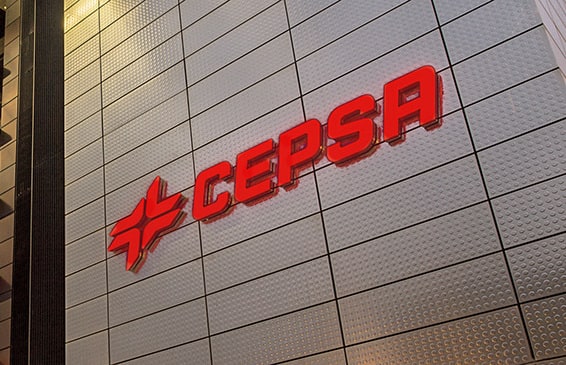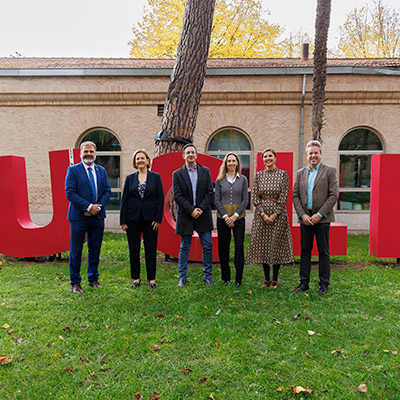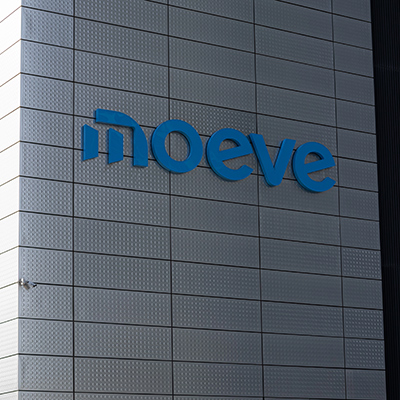- Fundación Másfamilia and Cepsa present the results of the III edition of the Work-Life Balance Barometer
Fundación Másfamilia, in collaboration with Cepsa, has presented the third edition of the ‘Work-Life Balance Barometer – efr index’, a study carried out to find out and assess the state of the balance of personal, family and work life in our country.
The main conclusion from this 2020 edition is that the state of work-life balance in Spain has experienced a significant improvement of 5.0 points, which brings it to more than 12 points above the starting level in 2008.
In accordance with the data of the Barometer-efr index, the improvements have taken place in both the social and business spheres. In the social area, there was growth in all the indicators, although not as much as in the previous edition, with a 6.4 point improvement in equal opportunities and a 5.6 point increase in public health. However, other indicators, such as birth rate and family indicators, are declining slightly.
There has also been a significant improvement in the business sphere. Growth is observed in indicators such as reputation, work-life balance management and Corporate Social Responsibility (CSR) with an increase of 17, 19.1 and 7.3 points respectively.
The overall analysis of both social and business indicators reveals a positive result, which is reflected in the public's perception of the evolution of work-life balance in Spain. The citizen perception indicator improved in this edition, with the average of the responses standing at 3.2 on a scale of 1 to 5, taking into account that in the previous survey it stood at 2.3 with a negative trend.
Carlos Morán, Cepsa's Human Resources (HR) Director, states that "at Cepsa we remain firmly convinced that investing in work-life balance means investing in job satisfaction, health and well-being and, therefore, in quality of life. It is an investment by companies in people that immediately comes back as a source of commitment from people to their companies. It is also an investment in solidarity with society in general and, therefore, also a source of competitiveness, reputation and business excellence. All of this creates the right context for value generation, aids recovery and helps create a better future. For all these reasons, we continue to support Fundación Más Familia in the preparation of this Observatory."
For his part, Roberto Martínez, director of Fundación Másfamilia and the efr Initiative, explains that now is the time to look back and see the social and labor advances in the field combined with the development of the 21st century: "However, we are living in the midst of a pandemic whose causes, let alone its ultimate consequences, are still not well understood. Undoubtedly, it is directly affecting our lives and, of course, will impact the results of this barometer in one way or another. That is why, on this occasion we wanted to complete the calculations and objective data corresponding to the 2020 barometer, with a broad survey of citizen opinion conducted at the end of the year and which shows the effect of the COVID19 pandemic on our country in the matter at hand. I hope that this work will serve to design or redefine public and private policies in relation to work-life balance, and I would like to thank Cepsa for its collaboration, without which it would not have been possible."
The impact of Covid-19 on the status of conciliation
Given the situation caused by the pandemic, this latest edition of the Work-Life Balance Barometer includes a citizen survey conducted on a sample of 1,000 people as a virtually employed population to analyze the impact of teleworking on society.
More than half of the respondents (65%) had previously teleworked prior to the advent of Covid-19. Regarding whether or not they have encountered difficulties in performing their work correctly, 58% recognize that they have not encountered any obstacles to teleworking. Analyzing the percentage of the population that assured that they had had to face a series of difficulties (42%), the study shows that a large part of them correspond to technical difficulties (49%), problems to reconcile (17%), and not having the right place (12%).
On the other hand, regarding the future of teleworking in Spain, 59% of the people surveyed consider that after the pandemic it will be easier to telework. Regarding whether this work mode will be maintained in full or in a hybrid model, 40% are interested in teleworking 3-4 days a week compared to 32% who would telework 5 days a week, and 28% who would only telework 1-2 days a week.
A study that measures work-life balance
The Work-Life Balance Barometer is a study prepared by Fundación Másfamilia with the sponsorship of Cepsa, to determine the evolution of the state of work-life balance in Spain.
With this objective in mind, in this third edition, 87 social and business indicators related to work-life balance have been analyzed, with the aim of extracting an index to analyze their evolution between 2008 and 2020.
Cepsa
Cepsa is a global energy and chemical company operating at every stage of the oil and gas value chain. Cepsa also manufactures products from plant-based raw materials and operates in the renewable energy sector. Cepsa has 90 years of experience and a team of over 10,000 employees, who combine technical excellence with adaptability. Cepsa operates on five continents.
Fundación Másfamilia
Fundación Másfamilia is an independent, non-profit organization that has been working since 2003 to provide innovative and highly professional solutions such as the efr Certificate in work-life balance management, which is already used by more than 800 organizations worldwide. Likewise, Másfamilia develops actions that improve the quality of life and well-being of families through the reconciliation of personal and working life, in return for the important role they play as an element of social cohesion.




